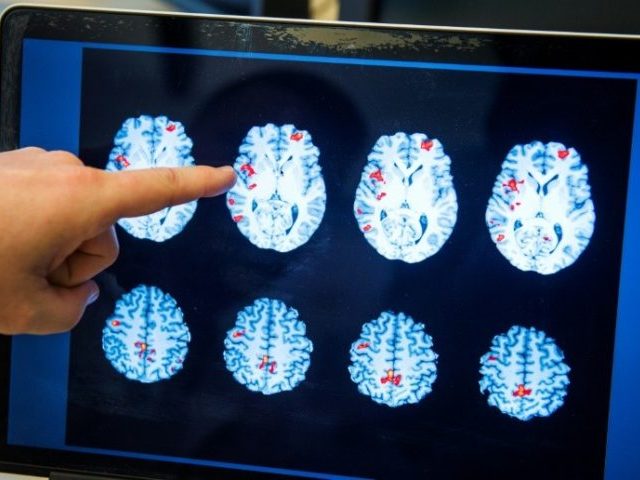A startup claims that they can preserve customer’s brains for eventual upload to the cloud in a process that is “100% fatal.”
The Guardian reports that U.S. startup Nectome, founded in 2016 by two MIT A.I. researchers, can upload customers’ brains into the cloud but that the process is “100% fatal.” The startup hopes to find a commercial application for a brain preserving process called “aldehyde-stabilised cryopreservation” which results in the brain being “vitrifixed” — turned into glass. The startup’s methods have gained enough attention and praise that they have received awards from the Brain Preservation Foundation for preserving a rabbit’s brain in 2016 and a pig’s brain in 2018.
The medtech startup has been adopted by startup accelerator Y Combinator with the accelerator’s CEO Sam Altman paying $10,000 to be one of 25 people on Nectome’s waiting list to have their brain uploaded to the cloud. Altman told the MIT Technology Review, “I assume my brain will be uploaded to the cloud.” In order for the vitrification process to preserve a brain for upload or revival, the process itself has to be the cause of death. The patient has their blood flow replaced with embalming chemicals which preserve the neuronal structure of the brain while simultaneously killing the patient.
The company has stated that they believe their service will be legal in certain states that have well-defined euthanasia laws, including California. California has had “death with dignity” statutes in place for the past two years, but Nectome doesn’t expect their services to be used until 2021 at the earliest. Another — some would say major — downside of Nectome’s process is that although the company can preserve brains, they have not yet figured out how to revive them or upload them to the cloud. But, the company hopes to demonstrate a working “biological neural network” by 2024 that may simulate how a brain would be stored on the internet.

COMMENTS
Please let us know if you're having issues with commenting.